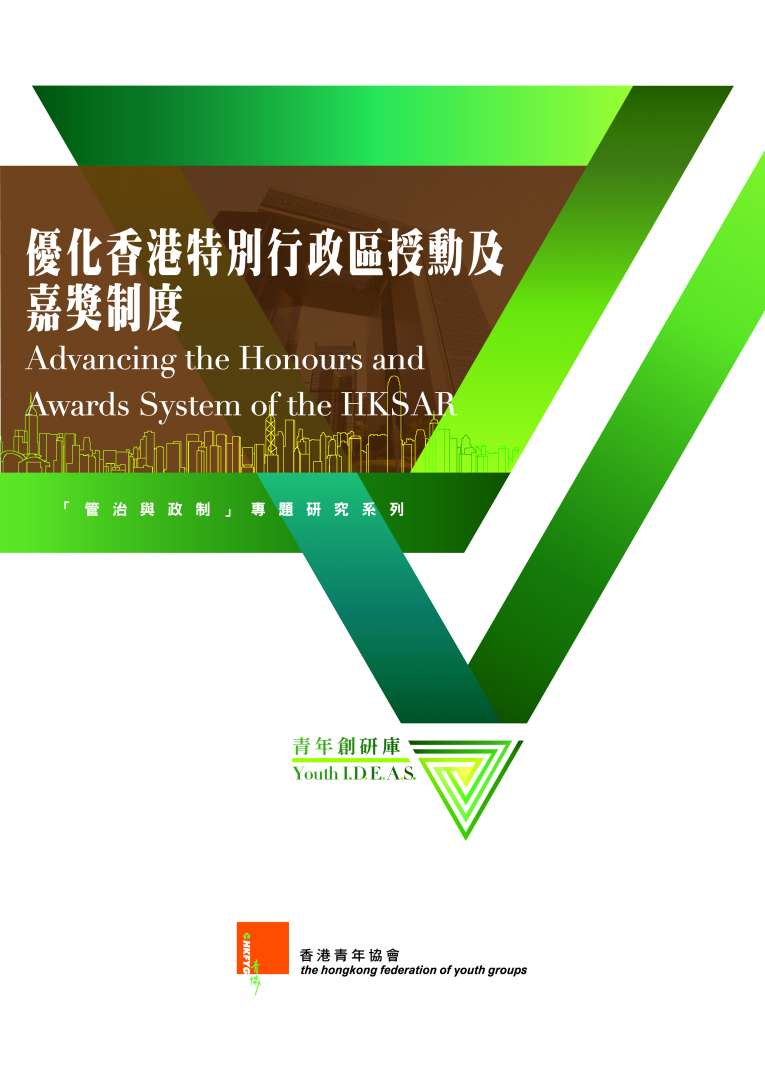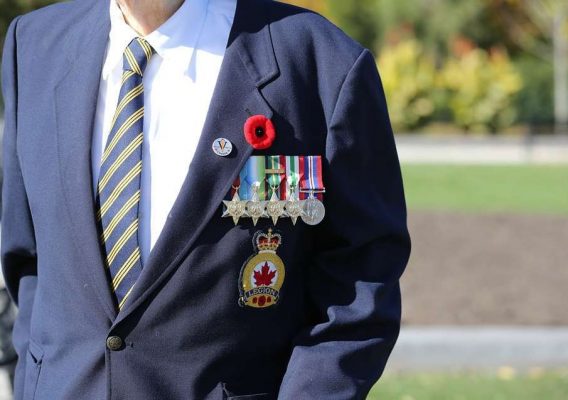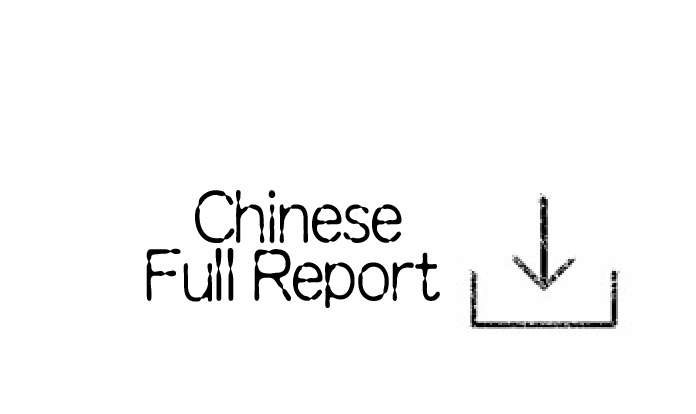Advancing the Honours and Awards System of the HKSAR
Youth I.D.E.A.S. 41
Governance and Constitutional Development
Advancing the Honours and Awards System of the HKSAR
28 April, 2019
 Many governments around the world award their citizens honours for public or community service, outstanding achievement and sustained contribution to society. This is meant to convey both distinction and recognition and is usually regarded as the highest form of honour for citizenry. There is widespread belief that the presentation of merit-based government honours to individuals helps establish role models for society, encourage greater involvement in public service, and develop a greater sense of belonging. All of these contribute to social stability and good governance in the long run.
Many governments around the world award their citizens honours for public or community service, outstanding achievement and sustained contribution to society. This is meant to convey both distinction and recognition and is usually regarded as the highest form of honour for citizenry. There is widespread belief that the presentation of merit-based government honours to individuals helps establish role models for society, encourage greater involvement in public service, and develop a greater sense of belonging. All of these contribute to social stability and good governance in the long run.
Honours are given to people from all walks of life, and therefore the public perception of its credibility of the system is of particular concern. A continuous review of the system also helps to keep it in line with developments in society.
In Hong Kong, the Grand Bauhinia Medal (GBM) is the highest award under the HKSAR honours and awards system. Others include the Order of the Bauhinia Star, the Order of the Medal of Honour, the Chief Executive’s Commendation, etc. Nominations for honours and awards are normally made by bureaux and departments. Non-government organisations and the public can submit nominations as well. The Chief Executive approves nominations for honours and awards based on the recommendation of the Honours and Non-official Justices of the Peace Selection Committee (Selection Committee). As of 2018, more than 6,000 honours had been awarded.
Yet, it seems that there is no direct link between the system and the daily life of the general public, while citizens are not familiar with how the system operates. Some recipients have been controversial. It is therefore worth studying how to improve the system, with the hope of creating a more positive environment for the governance of the HKSAR Government.
The honours and awards system of the HKSAR has been established for more than 20 years. This research study aims at understanding the views and values of the general public in Hong Kong towards the system. The study also makes reference to overseas experiences and has sought views from local academics and experts. It is also hoped that this study will put forward practicable measures to advance the operation of the system, in particular the opportunities for public participation and the improvement of public confidence in the system.
In conducting this research, data was collected through related overseas literature reviews, an on-site survey of 522 Hong Kong-based citizens in March 2019, and exclusive research interviews with four academics and experts, as well as one awardee throughout February and March 2019.
Discussion
- The honours and awards system of the HKSAR has been established for more than 20 years, with respondents holding a positive attitude on its values. The Government and all sectors of society should work together to protect and strengthen the prestige and significance of the system.
- Honours are awarded to eligible people from all walks of life, and therefore it is intrinsically a matter of public importance. The Government should pay attention to the public’s perceptions of the recipients. Securing the trust and/or support of the public is key for the success of the system.
- There are two major drawbacks regarding public participation in the honours system. Ensuring the public’s involvement with, and accessibility to, the system would be a way to advance the honours and awards system of the HKSAR.
- The Selection Committee plays an important role in considering the nomination and the award class. There is room for improvement in the composition and the replacement of its members.
- Hong Kong is a diverse society. Each sector has people with outstanding and excellent achievement. It is worth studying how to reflect the characteristic diversity of the city in the honour lists amidst a complicated and ever-changing environment.
- Sufficient information and continuous promotional work can help people fairly evaluate the system. The HKSAR Government has the responsibility to help the public develop a basic knowledge or understanding of the system.
Recommendation
- Provide nomination forms and nomination guidelines to assist the public nominating a person worthy of an award in a more convenient and practical way.
- Enrich the diversity of the Minor Honours Sub-committee (General Public) by adding ordinary members of the public from different fields to make the selection work more representative.
- Improve the transparency of the honours and awards system.
- Deepen the influence of the recipients through their life stories or experiences for inspiration. This could become part of a documentary and help develop a set of human values with Hong Kong characters.




